Cork woman: My brain injury was like being in a horror film

Author Katie McGrath. Picture: Emma Jervis Photography
CORK woman Katie B. McGrath’s life was changed overnight after she was diagnosed with a devastating brain injury, which has had major repercussions on her life.
She underwent countless surgeries and setbacks but fought back every step of the way, and has now written a book to give hope to anyone else on a journey to recovery.
Her ordeal began at the start of 2015, when Katie, who is now 43, started getting excruciating headaches, along with distorted vision and a tingling numbness in her foot.
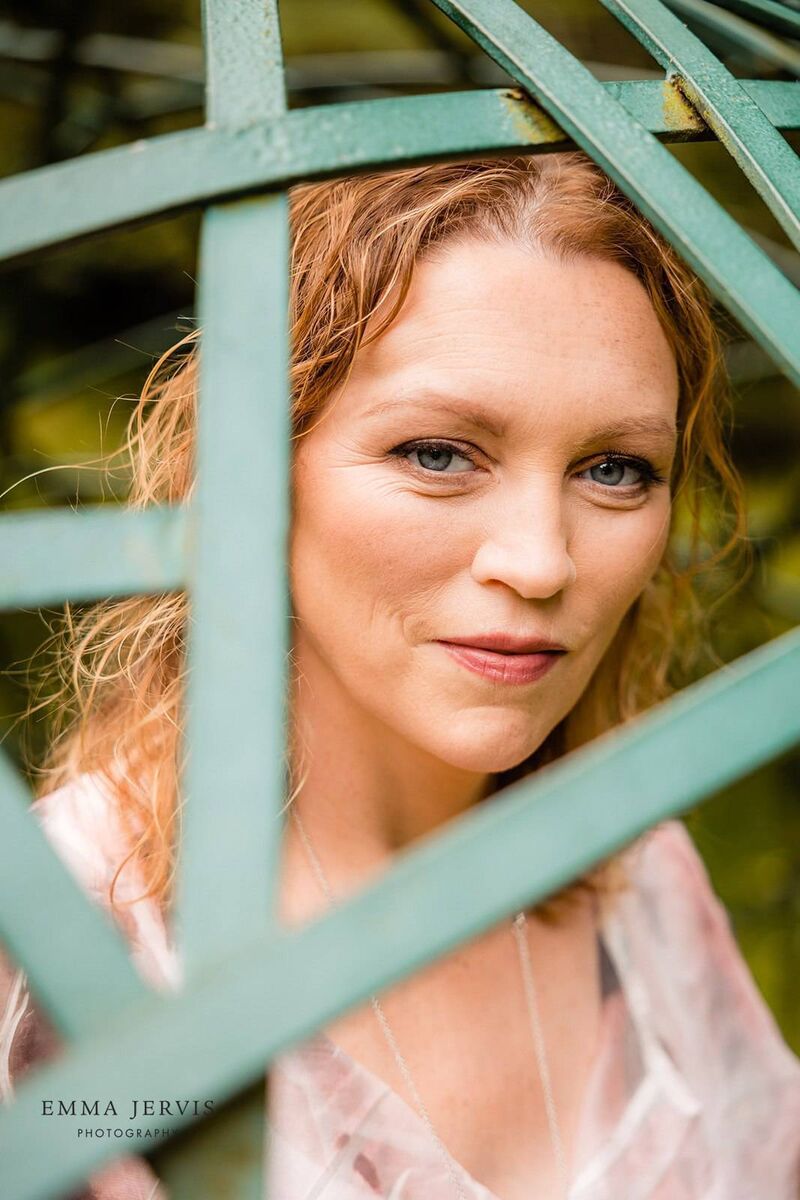
The symptoms were infrequent at first, and having just started a new job, she just put it down to the fact that she was busy, and didn’t want to seem ‘dramatic’ by going to A&E.
However, the headaches got progressively worse, in fact debilitating, and were accompanied by nausea and faintness. One such attack saw her collapse at her Douglas home one evening, where she was discovered by chance by her husband Donal.
“I woke up on the hallway tiles. I slowly picked myself up off the floor and thought I was hallucinating when I saw Donal walk up the driveway. He was due to go to a spinning class which he rarely missed and only came back as he’d forgotten to pack his trainers,” she remembers.
The couple went straight to South Doc and, feeling nauseous again, Katie went to the bathroom: “I have no recollection after this point but Donal knew it was a dangerous situation when I didn’t return after a few minutes. He was alarmed by the loud gurgling sounds I was making inside, broke down the door, and found me on the floor covered in my own vomit.”
She was rushed to hospital and a CT scan found Katie had fluid in the brain, or hydrocephalus, and doctors performed an emergency drainage procedure that night.
But there was worse to come. She was told she had a benign tumour in her brain, which she’d had since birth, and underwent a five hour surgery the next day.
“Thankfully, it was a success and the surgeons were able to remove most of the tumour and cyst. There was a small portion of the tumour that couldn’t be removed, which was due to its close proximity to the hypothalamus,” she said.
But her recovery was slow: “I was in a compete state of shock. I had a new drug regimen to adhere to and was exhausted, faint, with a very poor memory and concentration. The summer months flew by in a haze and I rested at home and recovered.
“I was fortunate enough to have a multitude of family and friends visit me, which passed the time and cheered me up.”
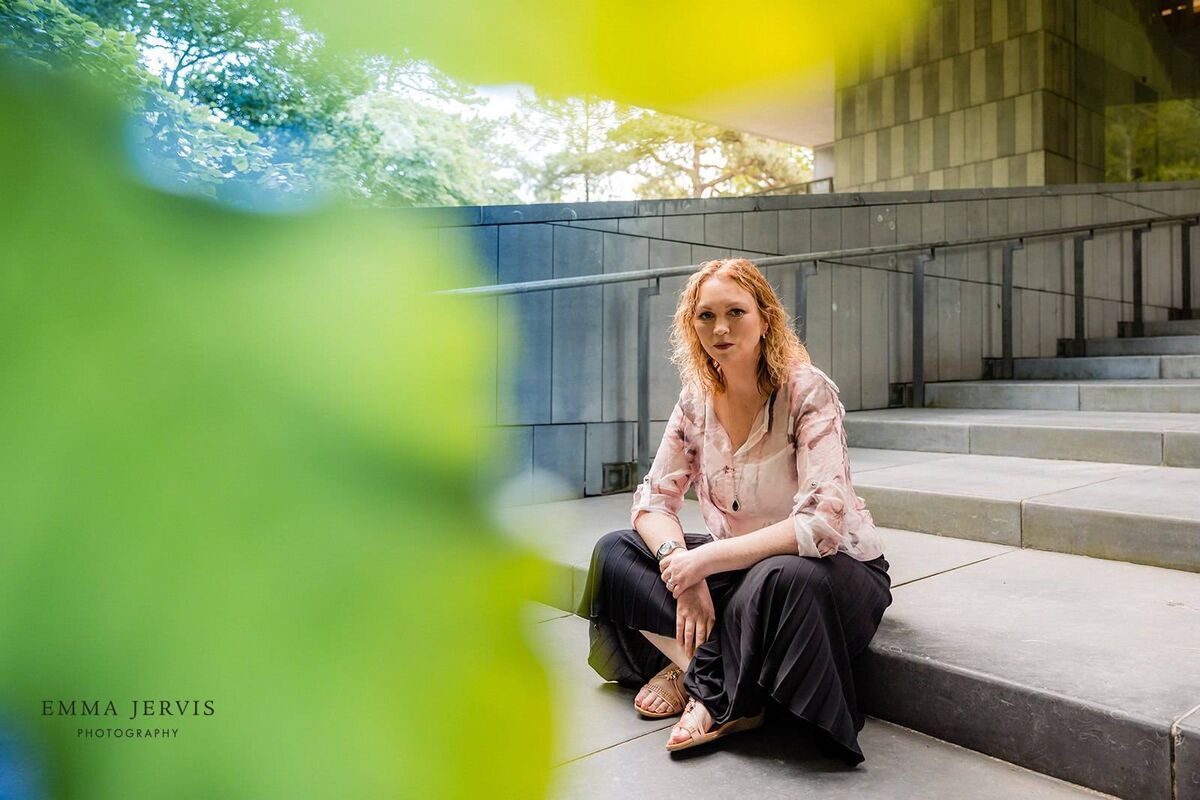
That includes her husband Donal, who she describes as her ‘wonderful better half’.
“We have been together since 2006 and were married in 2013. Donal has definitely honoured his ‘in sickness and in health vow’ and has been my pillar of strength and support for the past 15 years.”
That September, Katie’s vision unexpectedly became blurry again and a CT scan revealed her condition had returned and that she would need another craniotomay.
“I was stunned. How could this horror of a nightmare be occurring to me again? We were given more woeful news when we were told that the cyst had resprouted. I thought I was appearing in my own horror film!
“Thankfully, surgeons performed another successful craniotomy and also inserted a shunt. This would allow the surgeons to drain the cystic fluid if the cyst resprouted again and would possibly eliminate the need for another invasive surgery.
“My recovery was swifter this time. I was recovering well for a few weeks at home until my vision became blurry again in October. I wasn’t alarmed as I knew the shunt would help and prevent the need for another operation.
“However, an MRI jaw-droppingly displayed that the cyst had resprouted but was now in a different position, which meant another invasive surgery and this time in Beaumont Hospital, Dublin.”
Katie had the brain surgery through her nose, which, while a success, took its toll on her: “The post-op pain was the most intense this time round and I couldn’t blow my runny nose or sneeze for a few weeks after. My recovery was slow and uncomfortable and I couldn’t smell or taste my food either.”
Next up were 28 radiotherapy sessions between December, 2015, and January, 2016.
“Then, on the last week of my treatment, my vision suddenly became blurry again. I was sent for another MRI, which showed the cyst attached to the tumour had either become inflamed or expanded due to the radiotherapy.
“At this stage, it felt like I was living in a twilight zone. And there was more unpleasant news as I had to start taking a potent steroid, which had numerous and unpleasant side effects, leaving me deprived, agitated, exhausted, and anxious.”
Fortunately, the steroids worked and that February she was told her tumour had shrunk and would eventually disappear.
“This was the most joyful news I had received in a long time!”
But then began her long road to recovery, where Katie had to face the trauma that her year of fear caused.
She was also grappling back pain and had to accept that due to poor poor peripheral vision she could no longer drive.
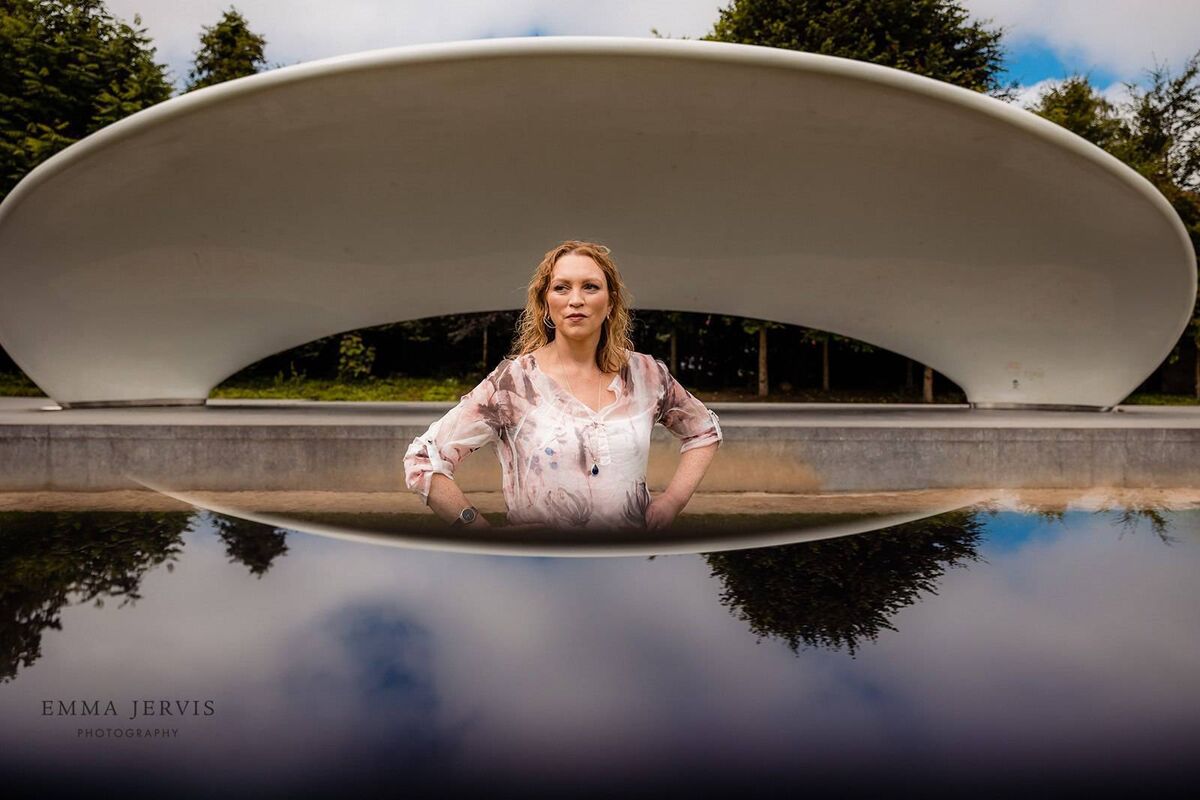
“The cysts that were pressing on my optic nerves caused irreplaceable damage. I am heartbroken over my driving loss and constantly grieve for it. I feel my independence has been snatched from me and I am constantly reliant on others.
“It is even more difficult for me at the moment as I cannot take the bus due to the risk of contracting Covid. My immune system is compromised so I have to be extra vigilant at the moment and avoid public transport, crowded areas, etc.”
Katie’s recovery was epic and exhausting.
“I was emotionally traumatised and knew I needed the help of a counsellor. I needed to speak to an unbiased source that I wouldn’t feel judged by,” she said.
“I needed to let my guard down and release my feelings.”
Katie took that step and never looked back.
“It was wonderful. I cannot state enough how beneficial and effective counselling is. It breaks down barriers; it releases pressure from your mind and body and supplies you with fresh, new solutions to your problems,” she explained.
“Talking is terrific and I really want to lift the stigma about counselling only being suitable for very depressed people. We could all benefit from conversing with a talented professional and obtaining their valuable advice.
“Nobody has all the answers and we often have to face unforeseen circumstances that can rattle us.”
Journalling her illness was very therapeutic and led to her discovering her passion for writing, which she says has been the ‘best gift of all’.
Katie’s recovery is continuing but she still suffers from neuro fatigue, forgetfulness, slow thought process and poor coordination.
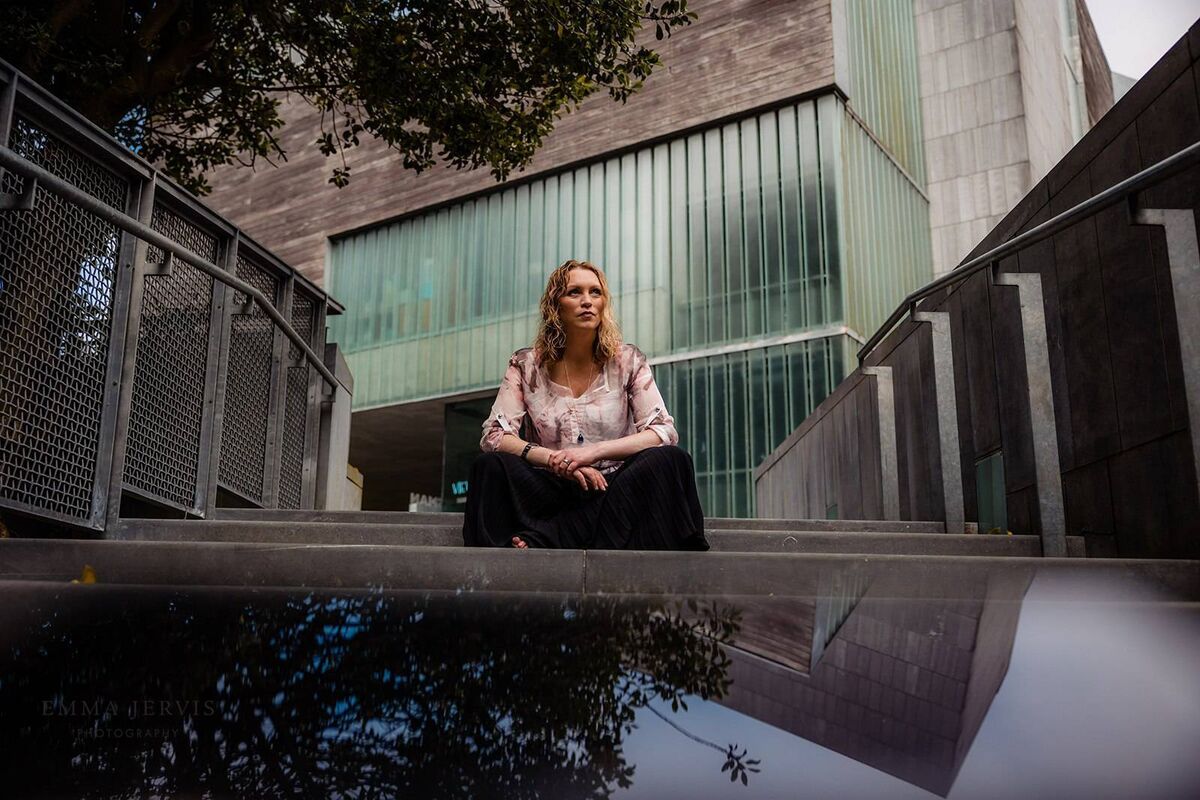
“These side effects cannot be physically seen on my body but they have affected my life in a monumental way. The only physical evidence I possess of my brain injury is a small swelling at the right side of my fore head.
“That’s why a brain injury is referred to as an invisible illness, as it’s more challenging on your mental and emotional levels.”
Writing the book, her memoir, Heads or Tales, was part of her recovery.
“I am very honest in my book and speak openly about the physical and emotional pain I endured. This can help people relate to their own past or present pain, fears and doubts. I end my book on a very positive note and this again can allow people to find light in their darkness. I want to let them know that they are not alone.
“Basically, I wanted to write a book that wasn’t present for me when I was sick and in recovery.”
Heads and Tales, published by Little Red Writing, can be bought on Amazon in paperback and kindle version, and in paperback on Waterstones and Book Depository.
It can also be ordered directly from most major book stores.
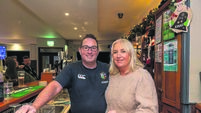





 App?
App?


